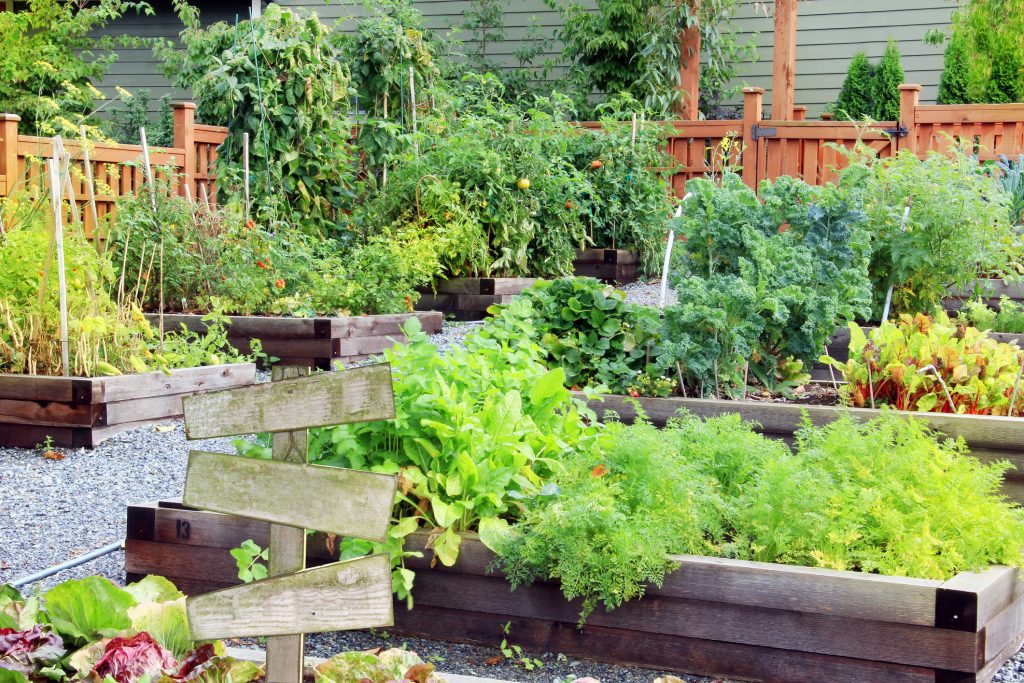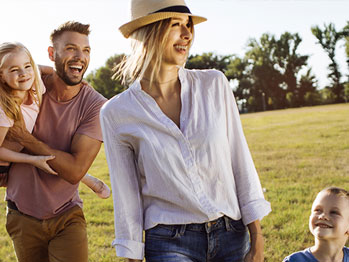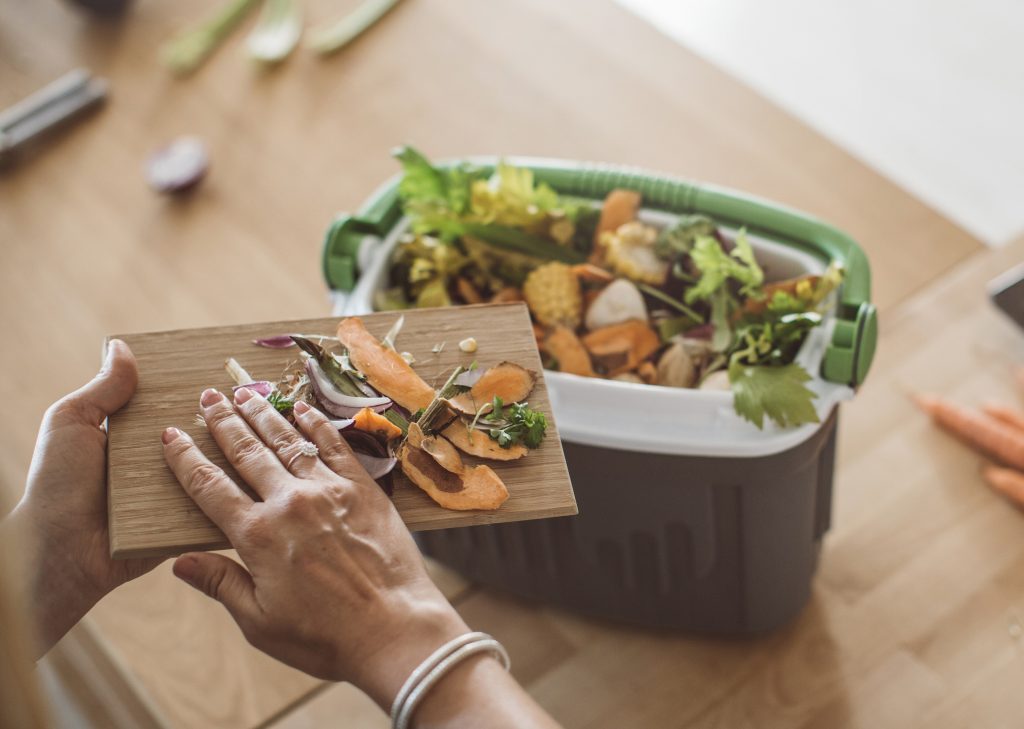
COVID-19 continues to have a profound effect on every Australian, but none more so than those experiencing food insecurity.
Data from the FoodBank Hunger Report shows charities across the country have seen a significant increase in the frequency of demand for food relief.
Although changes in government assistance have alleviated financial difficulties for some Australians, others are in more need than ever before owing to the impact of the pandemic.
In 2019, 15 per cent of Australians experiencing food insecurity were seeking food relief at least once a week. In 2020, this has doubled to 31 per cent.
Despite this pressing and very obvious need, Australian households throw away 3.1 million tonnes of edible food each year, with food waste costs to households varying between $2,200 and $3,800 annually.
This has significant impacts on the environment through the wasted use of resources such as land, water, energy and fuel to produce and distribute food. When disposed of in landfill, food waste has other environmental impacts such as the production of greenhouse gas emissions.
According to the Federal Government’s National Food Waste Strategy, there are a number of factors fuelling the wastage problem, including confusion over ‘use by’ and best-before’ date labelling, limited knowledge of how to safely repurpose or store food leftovers, and limited access to food waste collection systems.
To help address the issue, in 2017 the government committed to convene a food waste summit and develop a national food waste strategy to halve our food waste by 2030.
But it’s not just from a political standpoint where change is occurring. There are several different ways people living in strata can help reduce their food wastage.
OzHarvest, a food rescue organisation founded in 2004, collects surplus food from a network of donors – such as supermarkets, cafes, delis, restaurants, corporate kitchens, airlines, hotels and other food businesses – and delivers it to local charities. For strata residents that work in these types of organisations, it may be worth speaking to the appropriate team members to find out if your business is able to contribute.
For those who don’t work in the food manufacturing or retail sector, there is also a householder-focused group that connects people who would like to compost their food waste but for various reasons are unable to.

ShareWaste is a free app that puts food donors in touch with their neighbours and local groups (such as community gardens) that are composting, have a worm farm or chickens.
It helps communities compost their organic waste, make soil and grow plants, and their own produce.
Founded by Prague-born, Sydney-based couple Eliska and Tomas Bramborova, the app offers users the chance to sign up either as a host or as a donor. Hosts are visible on the ShareWaste map and donors can contact them and offer to bring them scraps.
The details of the drop off – and also what the host can accept – are then arranged through the group’s messaging system.
This is a great way for strata residents to help send organic material back to where it belongs – in the community.











